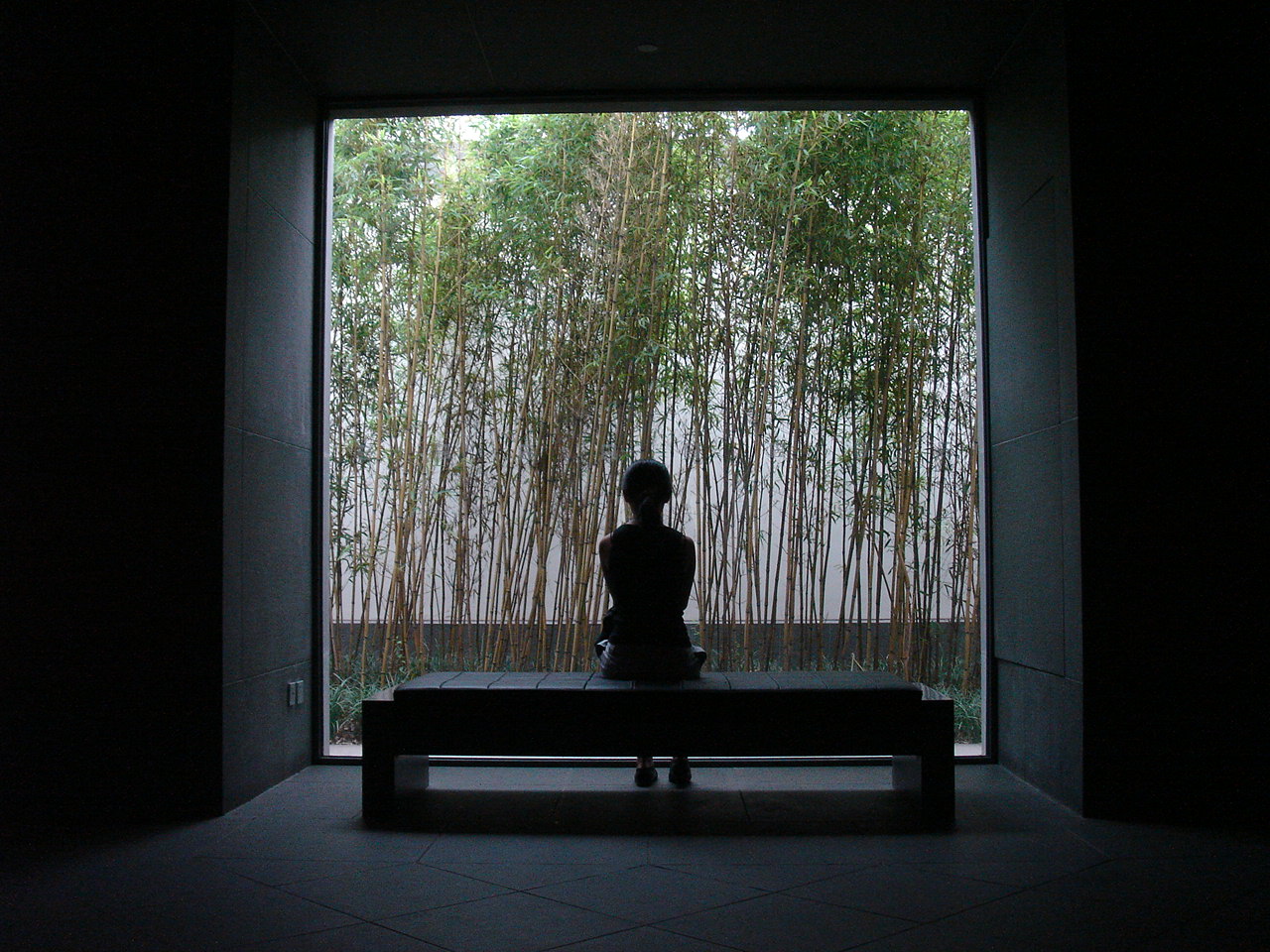Creative Commons

Creative Commons is a nonprofit organization that offers flexible copyright licenses for creative works.
Creative Commons is working to revive them. They use private rights to create public goods: creative works set free for certain uses. Like the free software and open-source movements, their ends are cooperative and community-minded, but their means are voluntary and libertarian. They work to offer creators a best-of-both-worlds way to protect their works while encouraging certain uses of them — to declare "some rights reserved."
Thus, a single goal unites Creative Commons' current and future projects: to build a layer of reasonable, flexible copyright in the face of increasingly restrictive default rules.
Creative Commons' first project, in December 2002, was the release of a set of copyright licenses free for public use. Taking inspiration in part from the Free Software Foundation's GNU General Public License (GNU GPL), Creative Commons has developed a Web application that helps people dedicate their creative works to the public domain — or retain their copyright while licensing them as free for certain uses, on certain conditions. Unlike the GNU GPL, Creative Commons licenses are not designed for software, but rather for other kinds of creative works: websites, scholarship, music, film, photography, literature, courseware, etc. C.C. hope to build upon and complement the work of others who have created public licenses for a variety of creative works. Their aim is not only to increase the sum of raw source material online, but also to make access to that material cheaper and easier. To this end, they have also developed metadata that can be used to associate creative works with their public domain or license status in a machine-readable way. C.C hopes this will enable people to use their search application and other online applications to find, for example, photographs that are free to use provided that the original photographer is credited, or songs that may be copied, distributed, or sampled with no restrictions whatsoever. We hope that the ease of use fostered by machine- readable licenses will further reduce barriers to creativity.
You also can check CC in ur country.
Completed Licenses
CC has completed the process and developed licenses for the following jurisdictions:
Itaily
JapanKorea
Spain
Taiwan
And there r the other area in CC Science Commons
create areas of free access and inquiry using standardized licenses and other means; a 'Science Commons' built out of voluntary private agreements.

